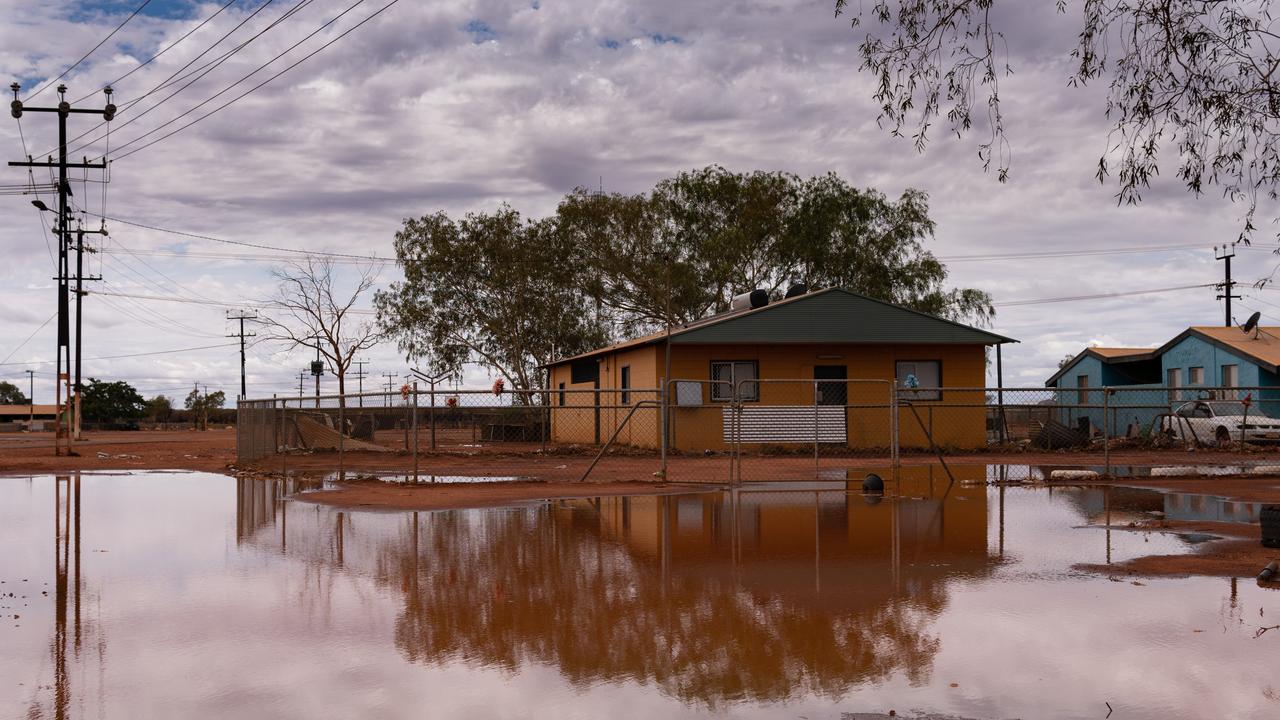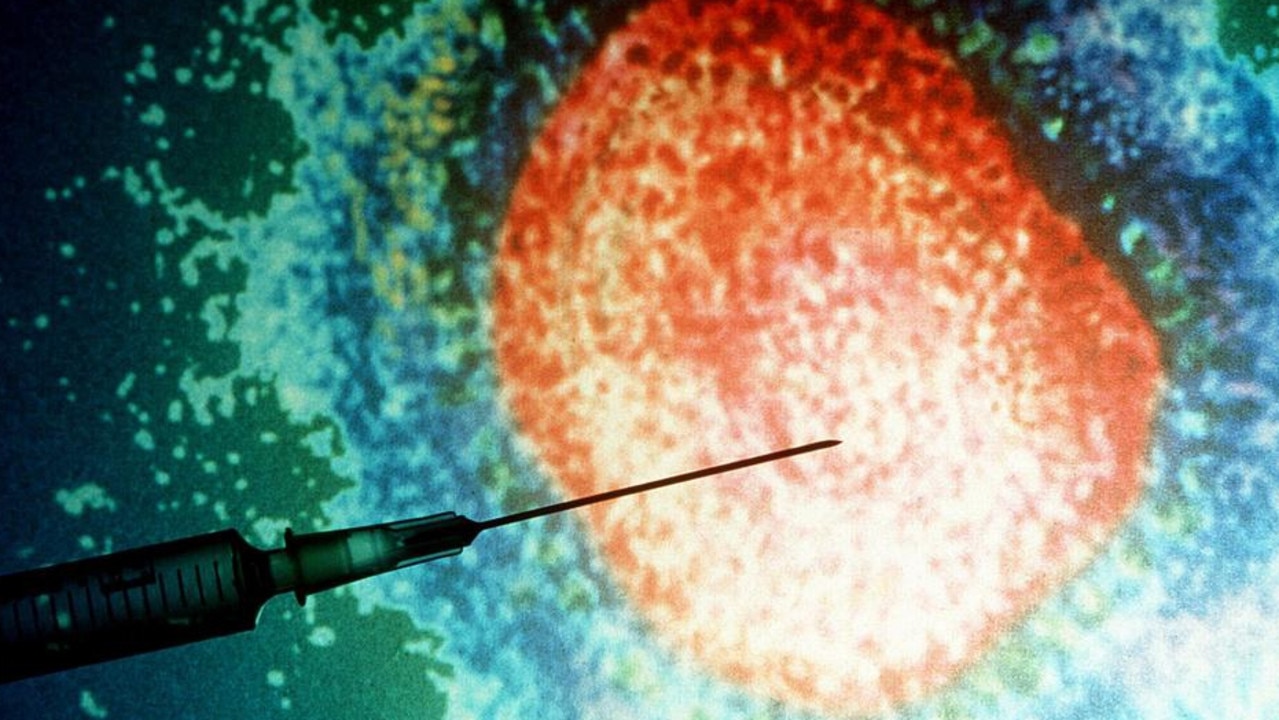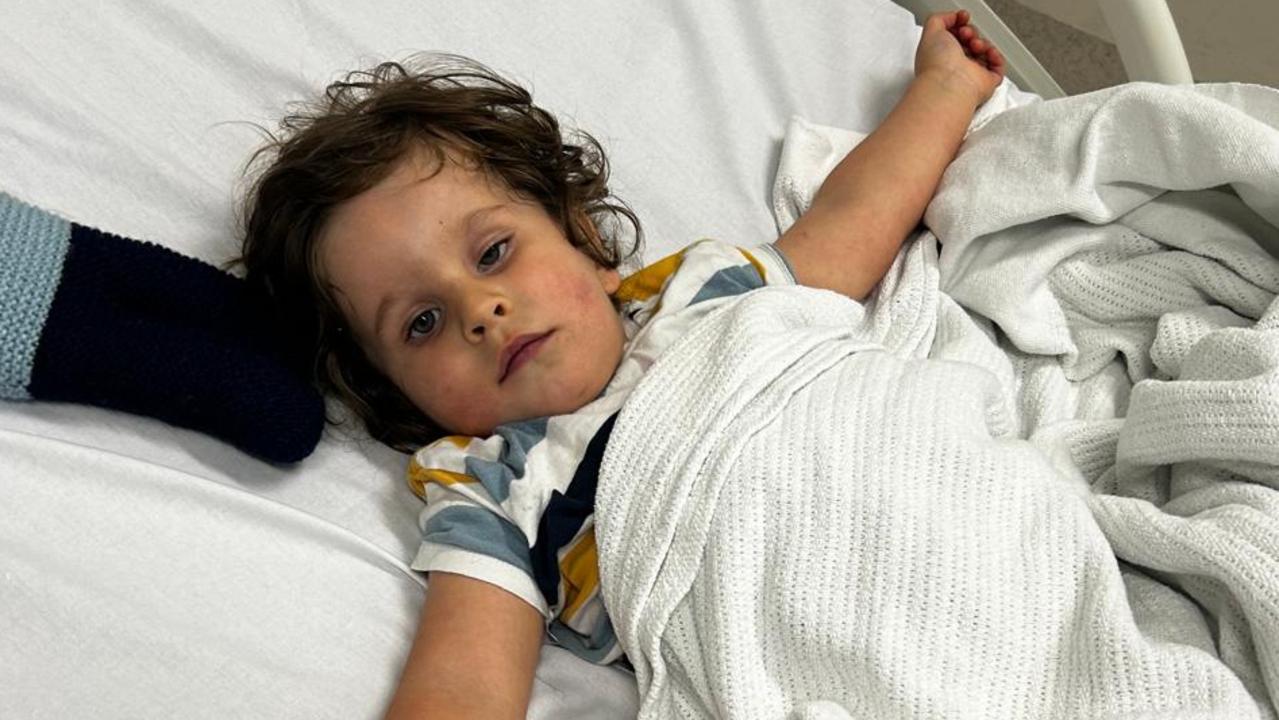Infectious disease melioidosis could spread across Australia
The disease has killed five in the last year and could start “popping up” in other parts of Australia.

A potentially deadly disease hiding in plain sight in gardens in the Northern Territory is getting worse, experts have warned.
Melioidosis is an infectious disease caused by bacteria that lives in tropical soil and water.
It has claimed five lives in the Northern Territory over the past year. In the year before that, 87 people were diagnosed and six died after coming into contact with contaminated air or soil.
Bart Currie, Professor in Medicine at Menzies School of Health Research told Yahoo News melioidosis is becoming a more “substantial issue”.

The Northern Territory’s wet season has begun, and he predicts case numbers will be “high”.
He added it is likely to “pop up in various places in Australia” in the future because of the increased impact of climate change.
The bacteria that cause melioidosis is hard to diagnose. The most common way people become sick is when cuts on their skin are exposed to mud, or soil, during the wet season.

“If people are caught out in storms and severe weather — even healthy people can get very sick from it. That’s what causes the most severe form of melioidosis, which is a very severe pneumonia, which turns into blood poisoning,” Mr Currie told the publication.
Last month experts on the disease met for the 10th World Melioidosis Congress in Darwin. It was announced a vaccine for the most vulnerable may be only a few years away.
Northern Arizona University professor David Wagner said the development of a vaccine was rapidly advancing.
“We are hopeful through a joint US-Australia collaboration that we’ll be putting shots in arms up here in the Darwin area … in the next year or two,” he told the ABC.
But the deadly disease is spreading. Professor Wagner said it was recently discovered in the US for the first time, in the state of Mississippi, and researchers are on the hunt for it in other parts of the country.
In 2021, labourers in Cairns fell ill with the disease.
“The environment gets disturbed by the construction and the bacteria propagates in the surface and also aerosolised when there’s heavy rain and winds,” Professor Currie said.
Earlier this year a Cairns patient died from the bacterial disease after there was a spike in cases in the region, following heavy rain and flooding triggered by ex-Tropical Cyclone Jasper.
In 2023, 72 melioidosis cases were recorded in Queensland with the disease causing death in up to 20 per cent of treated cases. Symptoms of melioidosis may include fever, cough, and difficulty breathing.
Meanwhile, Hong Kong health authorities confirmed the disease caused the death of nine monkeys at the Hong Kong Zoological and Botanical Gardens in October.
Hong Kong Secretary for Culture, Sports and Tourism Kevin Yeung Yun-hung said the cause of the infection might have been due to contaminated soil being exposed after digging during pipe-repair work in early October.
“The contaminated soil might have been brought into the cages by staff wearing shoes with the soil,” he told the South China Morning Post.
Autopsies found a large amount of the melioidosis-inducing bacteria in the monkeys organs, according to the zoo
There were 19 recorded cases in humans in Hong Kong this year so far, while there was a widespread outbreak in 2022 with dozens of people falling ill to the disease.





